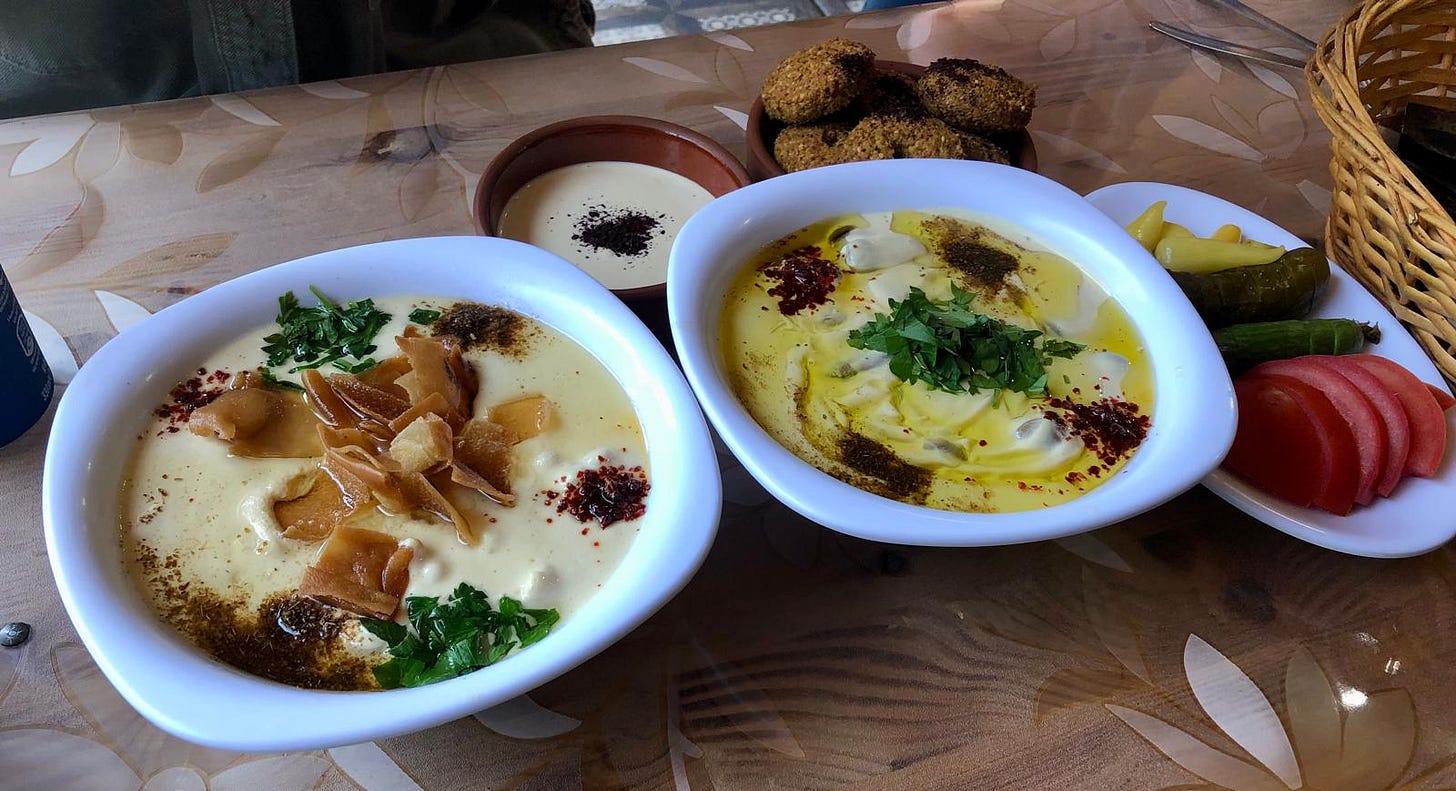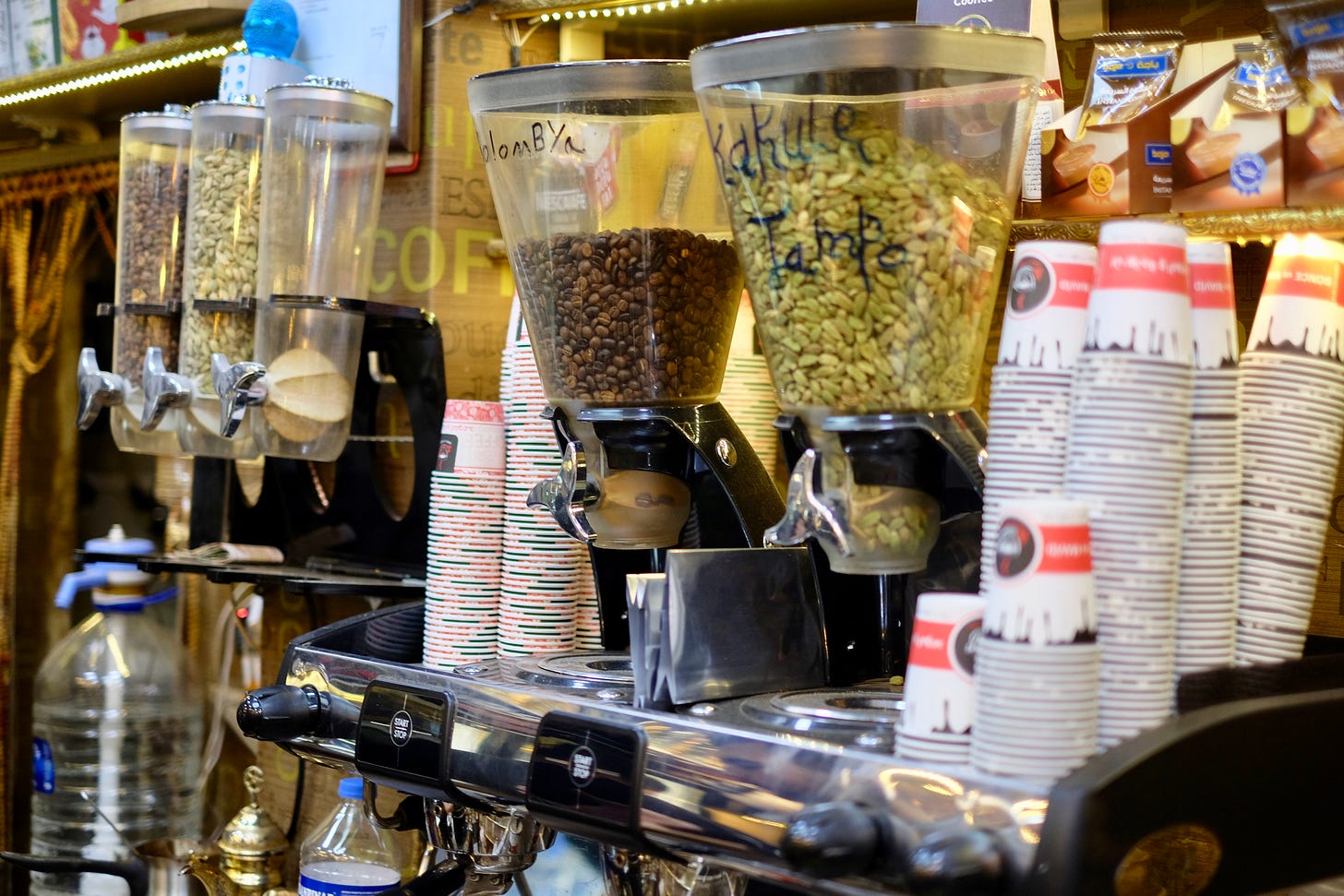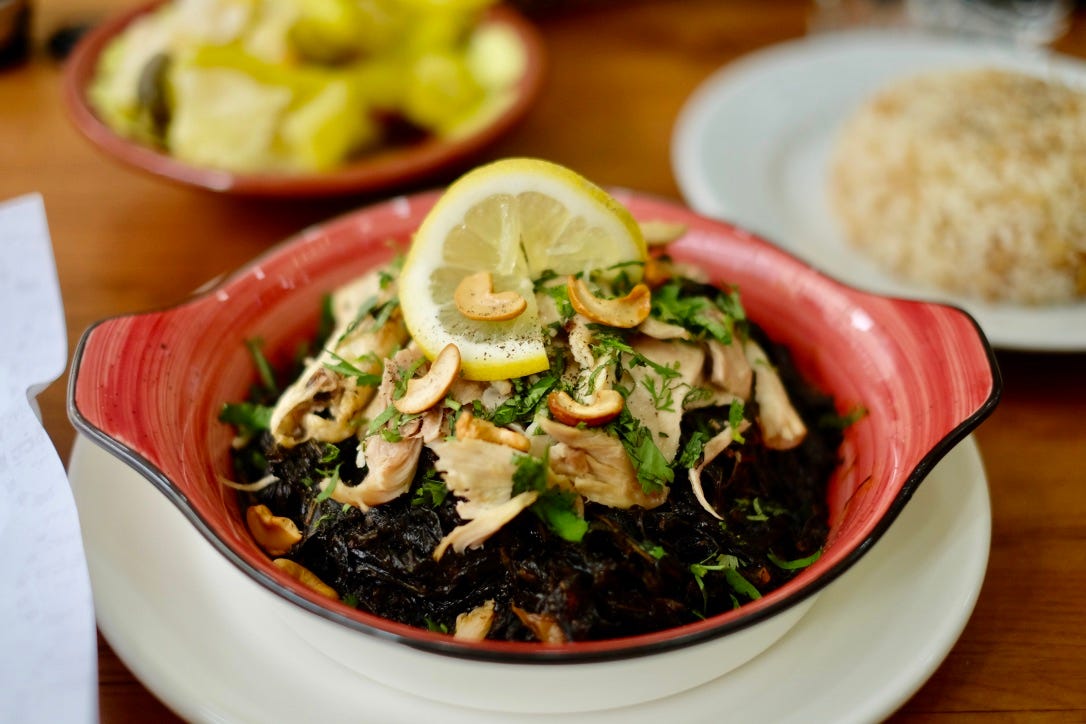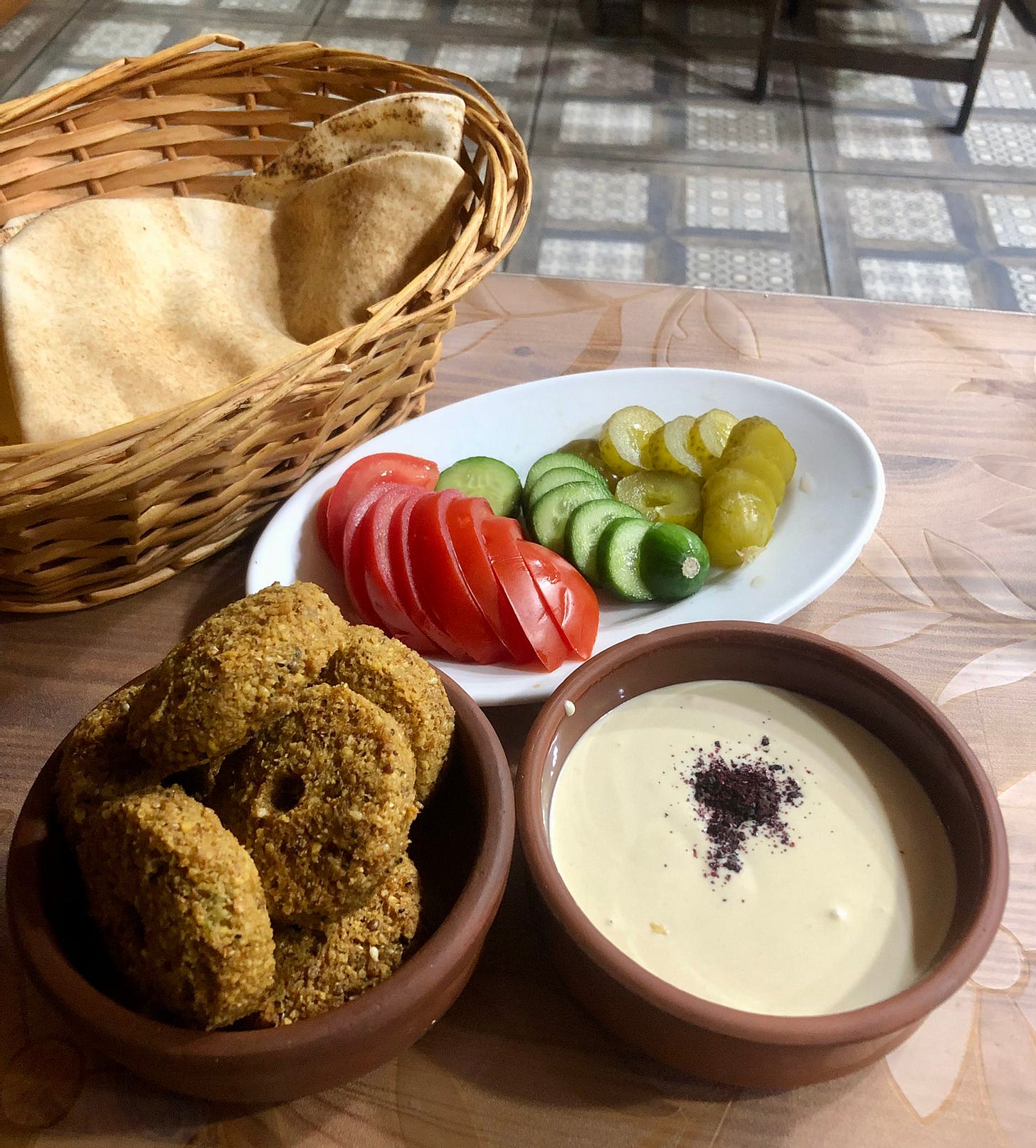How Syrian refugees enriched Istanbul's culinary scene
After escaping civil war, the Syrian refugee community that settled in Istanbul brought along their culinary traditions, enhancing the diversity of The City's food culture in the process.

With the sudden, unexpected collapse of Bashar al-Assad’s regime in Syria, I wanted to reflect on how the protracted civil war in Turkey’s neighbor to the south resulted in hundreds of thousands of Syrian refugees settling in Istanbul, opening restaurants and shops and permanently changing the landscape of the food scene. Though many Syrians have since returned since the regime was toppled, it doesn’t seem like most are rushing to go back given the current state of precariousness in their country, and the deep roots that many have planted in The City.
In 2012, at what used to a vacant lot in the heart of Istanbul’s Aksaray neighborhood, I noticed a man with a small cart equipped with a grill and fryer. He was selling burgers and falafel, and I practically pounced on the latter. The man was from Iraq, and his falafel was excellent. I’ll never forget tangy flavor of the neon-green amba sauce, made from pickled mangos. At the time, there was literally just one good falafel restaurant in Istanbul, Falafel House near Taksim Square, the owner of which is Palestinian. The Syrian civil war had begun, but the massive waves of refugees were confined to camps in the south of the country near the border.
That changed in 2014, when ISIS started rampaging its way through Syria and making unprecedented gains, and again in 2015 when fighting between rebels and government forces intensified. Syrians were departing from the camps where they were confined for several years and were now living and establishing enclaves in many major cities of the country, bringing their cuisine along with them. Within a few years, two parts of the Fatih neighborhood had become Little Syria, with Akşemsettin Avenue being lined with dozens of restaurants and shops. In 2017, I touched on this in an article for Culinary Backstreets about the best places to get falafel in Istanbul:
“The assumption that falafel is a Turkish staple is a misunderstanding of global proportions. Perhaps this mix-up is due to its appearance on the menu of what seems like every Turkish restaurant outside of the country. Yet for years falafel has been largely absent from Turkey.
We have often pondered why this was the case: The chickpea is a fundamental ingredient in Turkish cooking, after all. And hummus has made its way from the southern province of Hatay – which shares a border and culinary traditions with Syria – to the meyhanes of Istanbul and Izmir. But for whatever reason, falafel never made the jump; it used to be very difficult to find proper falafel in Turkey, although it remained popular over the border in Syria.
All that changed a few years ago, when millions of Syrian refugees fled north to escape civil war. Fast food stands sprouted up in the pockets of the city where large numbers of the refugees settled, and now the fried chickpea treat is ubiquitous.”
Falafel is now so popular in Istanbul that there are Turkish proprietors selling it, and even two chains: one which is mediocre and overpriced and that I won’t mention, while the other one is excellent, with two locations in Izmir and one in Istanbul, where falafel is accompanied by other Syrian staples such as schwarma, hummus, tabbouleh and fattoush. Some of the most popular falafel joints in Istanbul and Ankara are patronized by relatively equal numbers of Syrians and Turks. But what the Syrians have brought to Istanbul goes beyond my favorite coincidentally-vegetarian sandwich.
Among the many notable Syrian establishments include Saruja, which offers a broad menu featuring the dishes of the capital of Damascus. When I first went in 2017, I ordered a plate based around mulukhiyah, a fragrant leafy green popular in the kitchens of the Levant. I had never tried it before as it does not exist in Turkish cuisine and was entranced by its bitter yet earthy flavor, which pared well alongside strips of chicken breast, cashews and a side of white rice. Looking back at old photos, I am reminded that Saruja offers numerous types of Syrian and Armenian-style lahmacun, which means I’ll be making a trip back soon to give those a try.
Fans of Turkish coffee? Wait until you try it Syrian style, where freshly ground green cardamom seeds are added to the thick brew. A tiny kiosk called Bonce ve Mevid, which traces its roots to a well-known coffee shop in Aleppo, is nestled in the corner of the Malta Bazaar leading to one of the entrances of the large and imposing Fatih Mosque. At least a couple times a year, I grab a falafel wrap from somewhere on Akşemsettin Avenue and then stroll up toward Fatih Mosque, get a cup of the strong, cardamom-infused coffee and then enjoy my Syrian lunch at a bench in the mosque’s expansive courtyard.

Perhaps my favorite interaction with Istanbul’s Syrian food community happened just over two years ago, when upon a recommendation from a friend I visited a tiny restaurant in Fatih called Alkhal, run by a friendly young man named Hamed. I was astounded that a half portion of falafel alongside a generous dollop of tahini sauce, a plate of pickles and tomatoes and the requisite Syrian flatbread was only 10 TL, about $.75 at the time. I excitedly tweeted about his and the post amassed nearly 6000 likes, rushing in a flood of customers to Alkhal, though many people were in disbelief that the prices were so cheap. The next time I went in, he warmly smiled and told me how much of an impact that Tweet had on helping his small business, and it is moments like these that are the primary reason I continue to use that platform. He explained that he barely breaks even selling falafel, relying on more elaborate dishes like his excellent fatteh and hummus to make a profit. A risky, yet strategic approach. On subsequent visits, Hamed has never let me paid for my meal.
I’ve been meaning to head back to Alkhal to talk to Hamed and ask what his plans are in a post-Assad regime era. I’m sure he wants to go back, but things in his home country at the moment are beyond complicated and uncertain. I hope Hamed can return comfortably if and when he wants to, and that he passes the keys of Alkhal on to one of his skilled colleagues who plans on staying.






Suriyelileri biraz kendi ülkenize alın da sizin ülkenizi de zenginleştirsinler. Bütün yükü Türk halkına yüklemek adil değil.